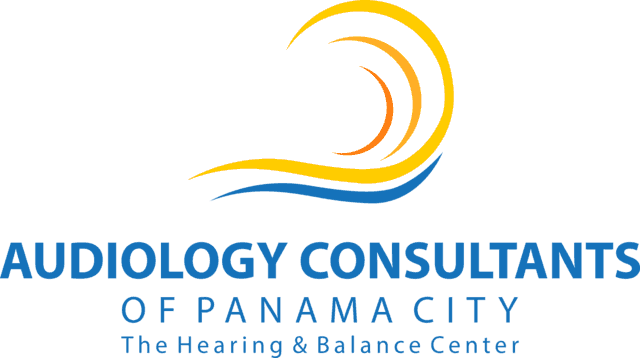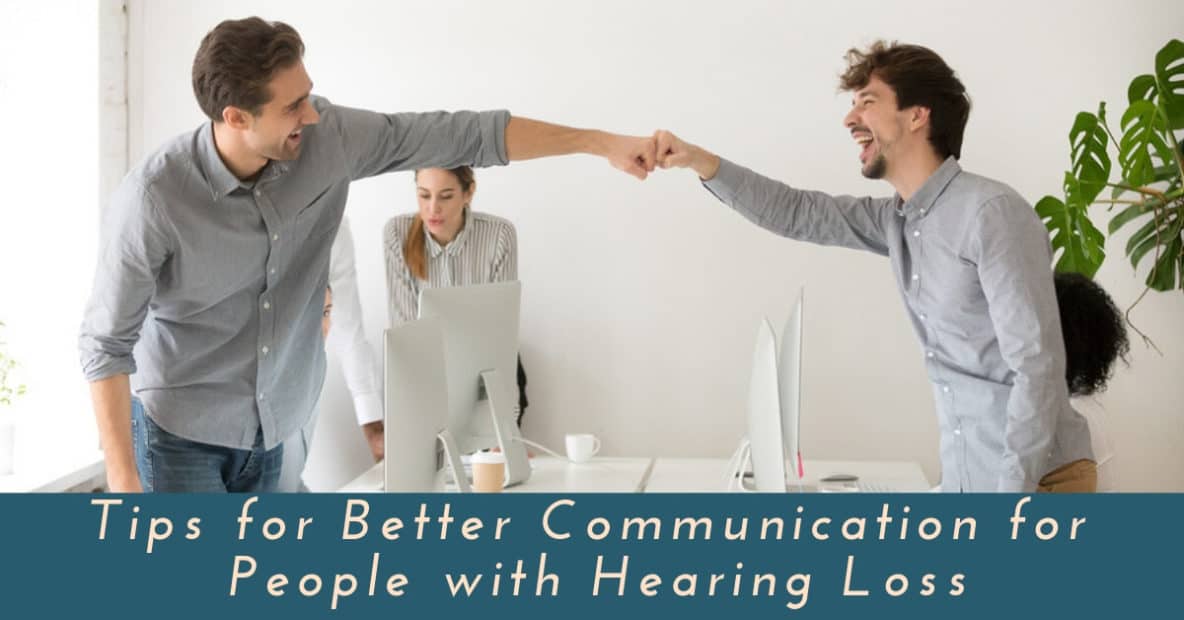- Using Hearing Aid Accessories for Enhanced Listening - May 6, 2025
- Practical Tips for Managing Daily Challenges With Tinnitus - April 8, 2025
- Signs Your Hearing Aid Battery Needs to Be Replaced - March 13, 2025
TCommunication is the fiber that connects us all. Meaningful conversation is what strengthens and upkeeps our relationships with our significant others, coworkers, families and friends. With hearing loss, conversations can quickly become frustrating, and ineffective. It is important that all of us (especially those of us with hearing loss) find tips to help us effectively communicate with those we care about.
If you experience hearing loss, outlined below are some tips and tricks you can begin using today that will help ensure your conversations are better, smoother, and involve less miscommunication!
- Check your hearing. We put this one first because testing and then treating your hearing is by far the most effective way to improve communication with hearing loss. For most people with hearing loss, treating the loss with hearing aids is a fantastic solution. Modern hearing aids of today are power packed with incredible features. Almost every hearing aid manufacturer has developed their own patented technology with the sole purpose of making conversing and communication easier and more enjoyable – even in noisy environments. If you find yourself experiencing frequent miscommunications or it feels like you can har but can’t quite understand what others are saying to you, it is most certainly time for a hearing screen.
- Let your communication partner know. In order to effectively communicate, it is imperative that you disclose your hearing loss to those you are speaking with. People cannot accommodate a hearing loss they do not know exists! Once you start letting people know that you have a hearing impairment, you may be surprised to learn how willing most people are to make changes in order to help you better hear and understand what they are trying to communicate.
- Keep close. With hearing loss, communication is the most effective when standing close to your communication partner. Try to keep conversations from across the room to a minimum. If someone try to start speaking to you from a long distance, motion to them to come closer to you or walk closer to them. The few extra seconds of “hassle” will save a lot of headache in the long run when miscommunications are avoided.
- Use your environment to your advantage. Some people with hearing loss have one ear that is better at understanding speech than the other. If this is the case for you, use it to your advantage! When sitting at a restaurant or boardroom, sit with your “good ear” facing the person who will be doing the most speaking or towards most of the participants, if possible. If you can, try to find a quieter area to hold conversations such as a little nook or a room with lots of carpeting. Sitting down on a couch will keep you lower than conversations happening while most people are standing (such as at a party), which can help improve your speech intelligibility.
- Use the supports available to you. It is important to use any supports you have available that will help you to better hearing and understand conversations. If the room you use for your meetings has a hearing loop – use it! If you have hearing aids – wear them! If you have a personal listening device, make sure it is turned on! These supports exist to help you, so it is important to take advantage of them.
- Keep a sense of humor. When humans converse, miscommunications happen. When humans with hearing loss communicate, the risk for miscommunication sometimes increases. Keeping a sense of humor when these miscommunications occur is a great way to keep your sanity, and also a great way to keep your conversation going smoothly (and your communication partner laughing)! It will also help us to stay calm rather than becoming frustrated in social situations.
Visit Us at Audiology Consultants
If you have started to notice some changes in your hearing, reach out to our friendly team today. We look forward to an opportunity to answer all your questions and schedule your comprehensive hearing exam. Working together, we can help you on your journey to better hearing and improved conversation.


